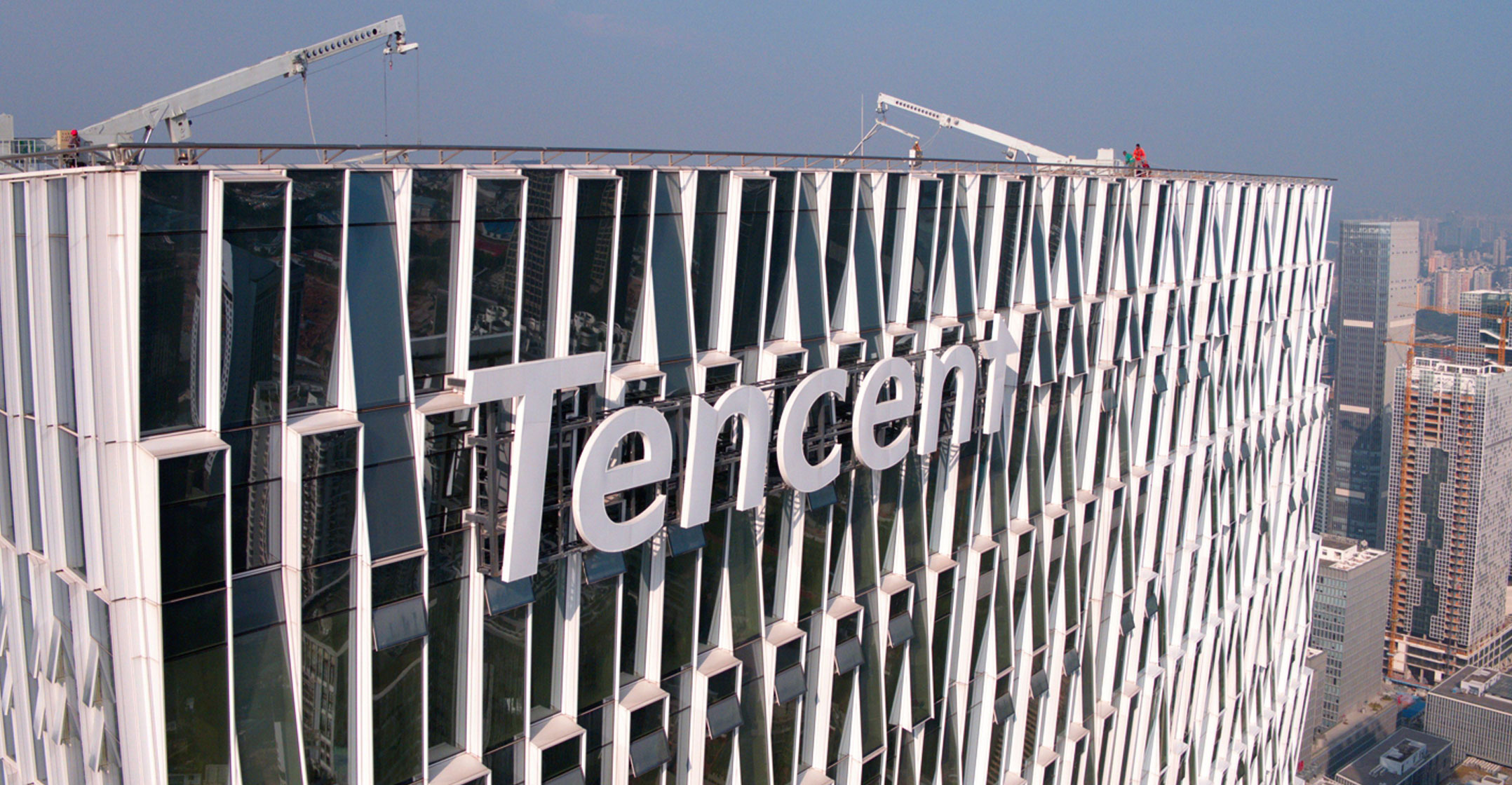 Short sellers are not the only ones suffering these days. Think about all the poor stock pickers who follow textbook rules for investing. Corporate governance and valuation are taking a back seat in a market driven by liquidity.
Short sellers are not the only ones suffering these days. Think about all the poor stock pickers who follow textbook rules for investing. Corporate governance and valuation are taking a back seat in a market driven by liquidity.
Consider Tencent Holdings, China’s most valuable publicly listed company and purveyor of the ubiquitous WeChat app that Chinese consumers use to buy, purchase and communicate. Its Hong Kong shares barely budged after the Wall Street Journal reported that an employee there was being held as part of a high-profile corruption investigation. The stock also wasn’t much affected when the company said earlier this month that it had let go of more than 100 people on suspicion of graft. In November, markets had gone into a US$290-billion equity sell-off on the news that consumer protection and data security were the centerpiece of China’s new sweeping anti-monopoly regulations.
So, what’s changed?
The liquidity train is roaring. Hong Kong’s stock market is experiencing a seismic change, with southbound buying from the mainland via the Stock Connect notching as much as one-third of daily turnover this year, versus only 5.8% two years ago. A big chunk of the buying is coming from mutual funds and newbie managers eager to lure retail customers with attractive numbers. They are gobbling up quality tech stocks — scarce commodities in China. Tencent, their most beloved, is up 34% this year. They are chasing a rally they can’t stop fuelling.
Granted, Zhang Feng, the Tencent employee in detention, does not hold a senior position at Tencent, and the news broke on the eve of the Chinese Lunar New Year, when liquidity is thin and Hong Kong’s Stock Connect with the mainland is closed. Nonetheless, in the past, traders would just sell. No one would want to hold such a position open during the extended holiday, when even more black swan events could occur.
Almost irrelevant
The effect of the huge flood of cash into the market is undeniable. Valuation has become almost irrelevant. Tencent is trading at 38 times one-year forward earnings, the highest in three years. It has finally recovered from Naspers’s $9.8-billion stake sale in March 2018, which satiated foreign institutional investors’ demand for the tech giant’s shares in their portfolio books.
Tencent is benefiting from the new mainland flows — even if the regulatory forecast from Beijing is stormy. China does not want its youth too addicted to videogaming, Tencent’s cash cow. Its fintech business — mobile payment, online wealth management, Internet banking and online consumer loans — will also be watched and controlled along with Alibaba Group affiliate Ant Group. But Chinese investors don’t seem to mind.
When faced with such a strong influx, even sell-side analysts have thrown in the towel, upgrading their price targets to chase after the stock surge. Of the 64 analysts that cover Tencent, there’s only one sell, data compiled by Bloomberg shows. The average target is only 2% below the market price.
 Are the mainland Chinese not afraid of the effect of corruption probes? Everything is relative.
Are the mainland Chinese not afraid of the effect of corruption probes? Everything is relative.
Take a look at their favourite stock on the mainland bourses. Kweichow Moutai, the most valuable name on the Shanghai Stock Exchange, with a $506-billion market cap, has often been mired in corporate governance and corruption issues. The expensive fiery liquor itself was often used as an exorbitant gift and became a focus of President Xi Jinping’s anti-corruption drive in 2013. In 2019, Yuan Renguo, former chairman of the state-owned liquor maker, was charged with bribery. Kweichow Moutai is also under frequent pressure from the impoverished Guizhou provincial government — its ultimate controlling shareholder — to bankroll everything from roads to sewage facilities. The stock may ebb with each new probe but it just comes back. The baijiu maker closed at another record high on Wednesday, ahead of the mainland’s weeklong New Year holiday.
Seen in that light, Chinese investors aren’t likely to be much perturbed by a Tencent employee being held for questioning in a corruption investigation. It’s not as if founder and chairman Pony Ma was in trouble.
As we’ve seen with GameStop and meme stocks, when liquidity is rolling, time-tested investing rules will be put on the back burner. When the amateurs are at the gate, get out of their way. — Reported by Shuli Ren, (c) 2021 Bloomberg LP




